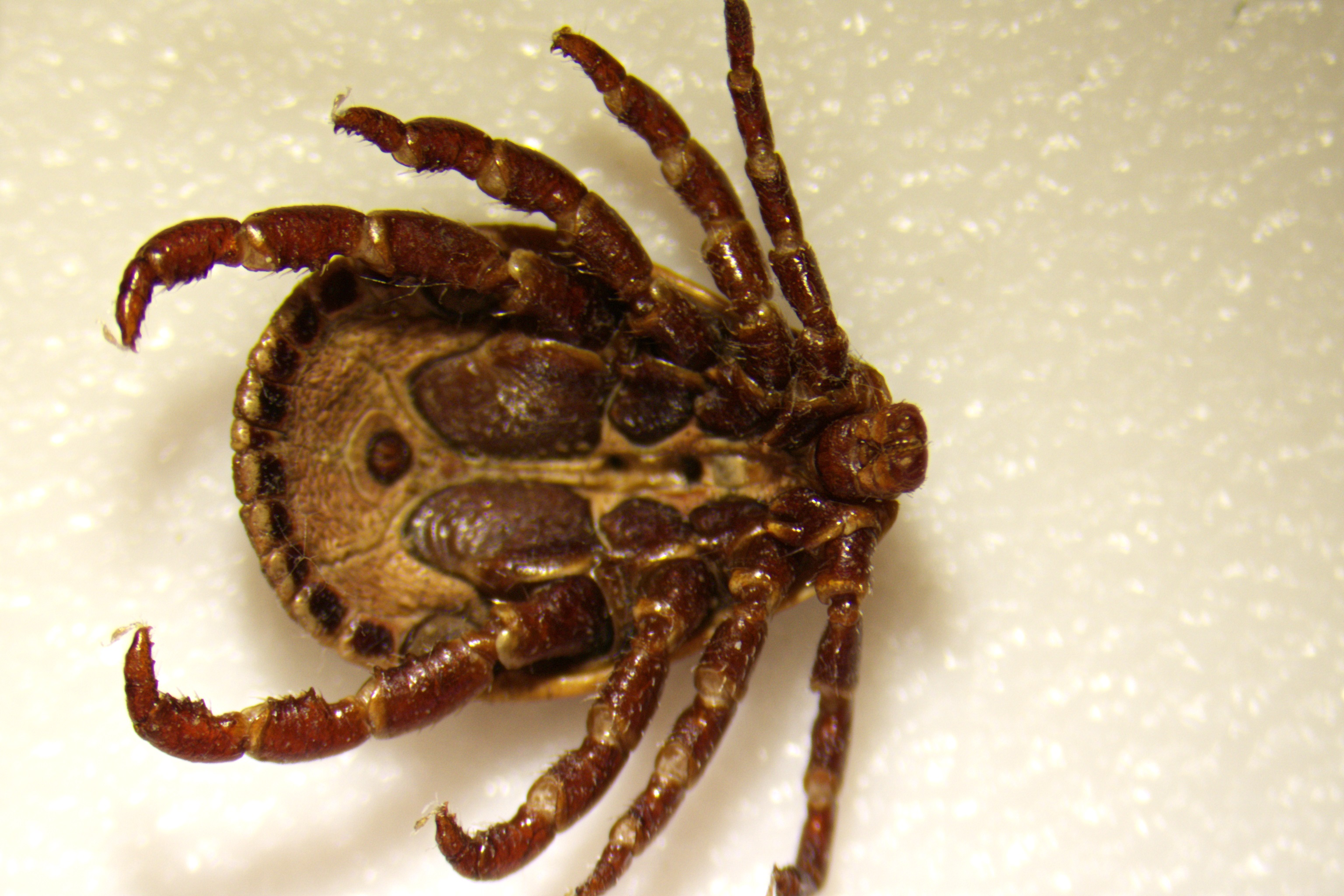Professor Rachel Lowe, co-coordinator of IDAlert, Kim van Daalen and Tilly Alcayna contributed to the elaboration of the World Meteorological Organization (WMO) annual State of Climate Services report, this year focused on human health. The report emphasises the urgent need for accessible climate information and services tailored to the health sector.

On November 2, the World Meteorological Organization (WMO) released its annual State of Climate Services report, this year focused on human health. It highlights the need for climate information and services tailored to health systems. More extreme climate and bad air quality are leading to changes in infectious disease patterns and food and water insecurity. To this end, the health sector needs tailored climate information and services to understand and predict how population health and health systems will be affected by climate change to anticipate and take action to cope.
The report is a result of collaboration among more than 30 diverse organizations, including the Global Health Resilience team of the Barcelona Supercomputing Center (BSC) Earth Sciences department led by Professor Rachel Lowe, the co-coordinator of the IDAlert Project, and the Red Cross Red Crescent Climate Centre (RCCC), also a partner institution of the project.
Lowe, along with fellow BSC researcher Kim van Daalen, has contributed to a case study based on indicators from The Lancet Countdown in Europe—an initiative observing the relationship between health and climate change in Europe. Additionally, Lowe has been involved in a case study, mentioned in the report with Tilly Alcayna (RCCC), focusing on forecast-based financing and early action protocols for disease and health risks. This case study details an approach linking early action protocols to climate-informed disease risk prediction models developed for Barbados.
“While awareness of the health implications of climate change is growing, there is a need for accessible tools and user-ready information to facilitate effective communication of complex historical, current and projected trends in climate and health. This information can help ensure that mitigation targets are met and inform adaptation strategies to increase society’s resilience to climate change in Europe and beyond,” said Lowe.
In this context, the report emphasized that, despite the existence of the scientific knowledge and resources necessary to address the situation, they are not yet adequately accessible or utilized in the health sector. This deficiency particularly affects the most vulnerable communities worldwide. Nevertheless, the report also underscored the efficacy of cases across all seven continents where climate services have proven greatly valuable. Among the case studies presented were early warning systems for extreme heat and drought, pollen control methods to help allergy sufferers, and satellite monitoring of climate-sensitive diseases that have been used to solve health crises related to climate change.
“By working together to make high-quality climate services more accessible to the health sector, we can help protect the health and well-being of people facing the dangers of climate change,” stressed the WHO Director-General.
This report serves as encouragement for projects like IDAlert, which acknowledges the severe impact of climate change on health. Moreover, it underscores the significant importance of initiatives focusing on research and development of climate services, enabling early warning and other services for public health adaptation to climate change.



